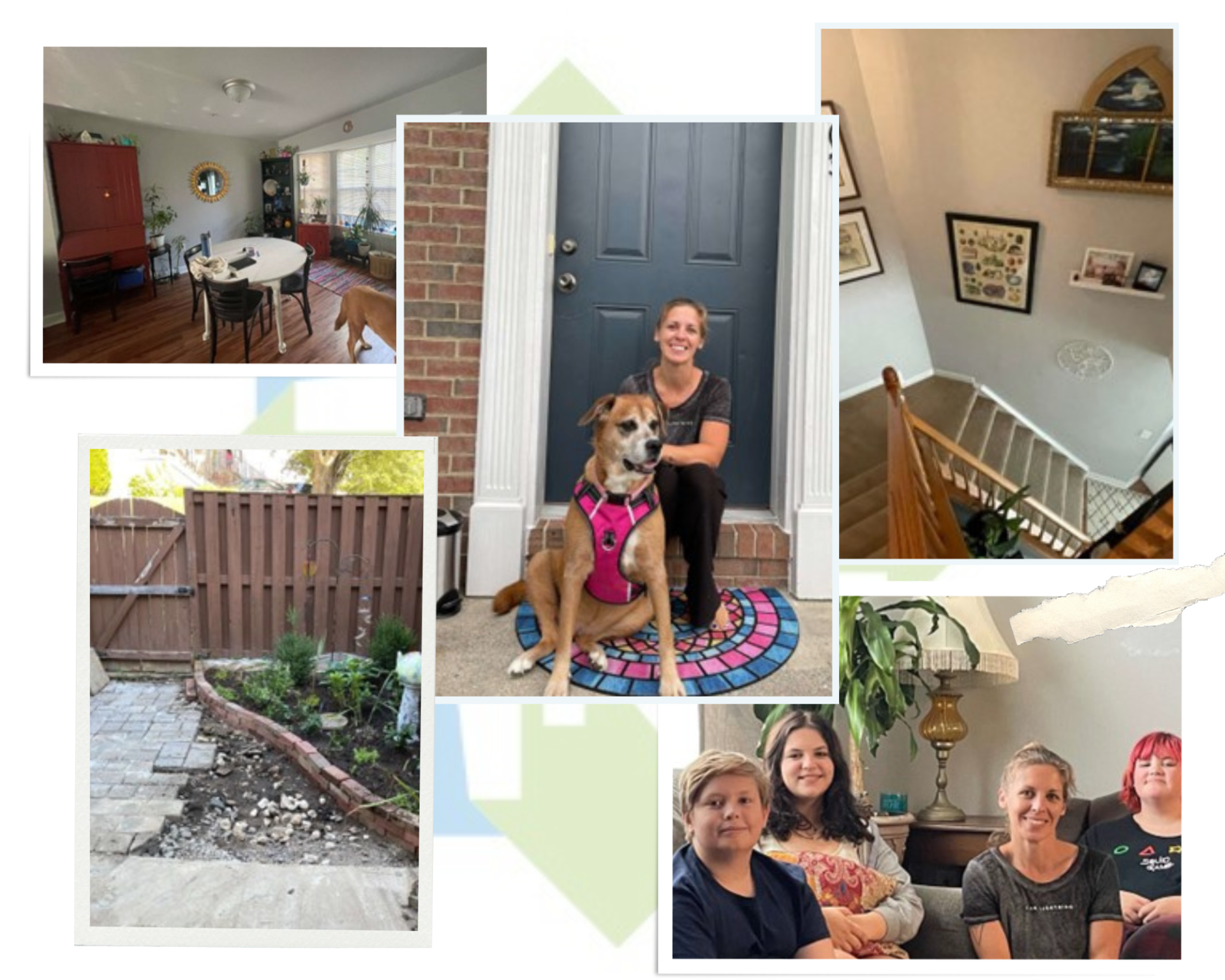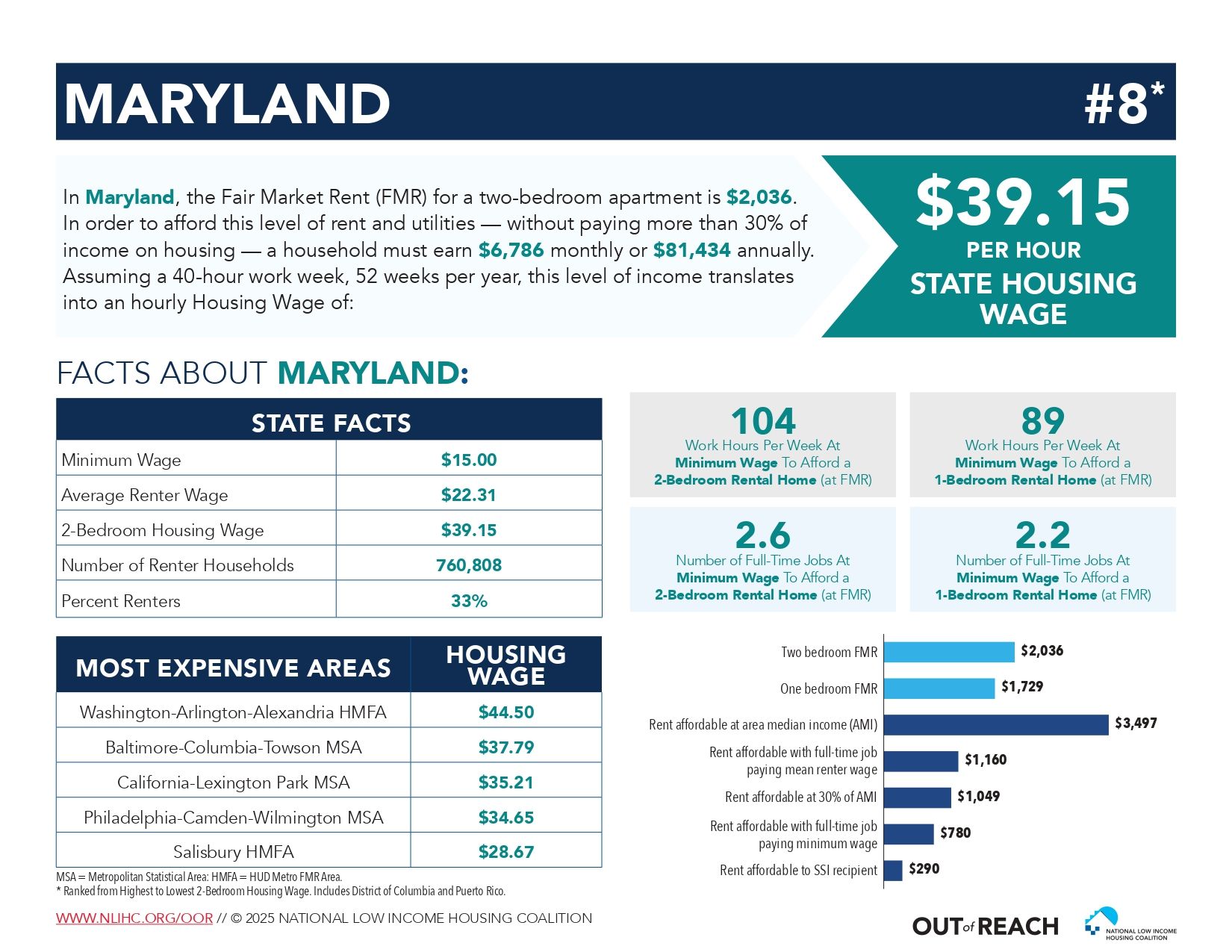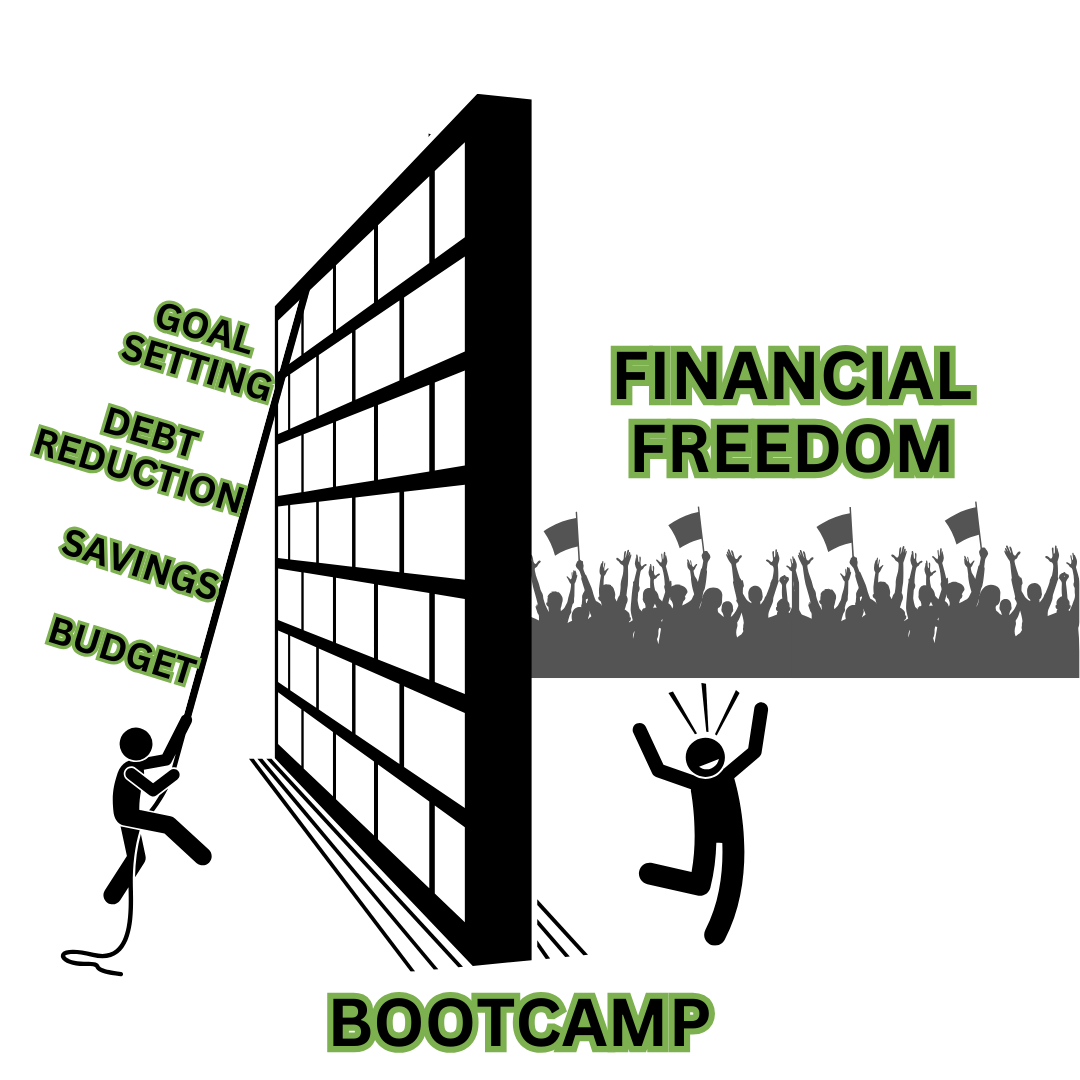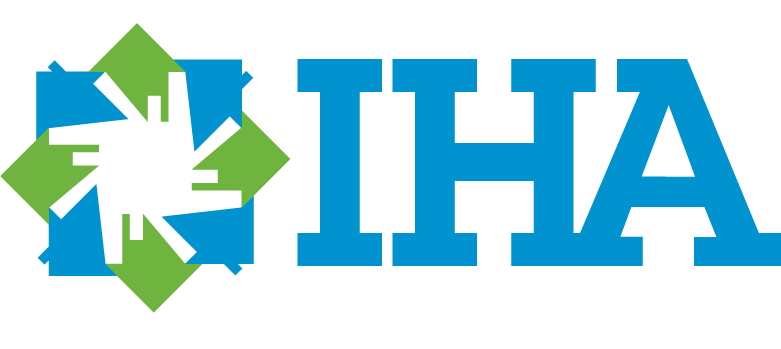Lindsey's Homeownership Success Story

Lindsey states "My life has many new beginnings; some of them have been positive and full of hope, some of them have brought everything to a screeching halt. Nevertheless, I have faced these changes and challenges with optimism and determination. My priority has always been the well-being of my four children and trying to surround them with an atmosphere of love, hope and acceptance.
In the summer of 2017, I left with my children from an abusive marriage. The years leading up to that point were filled with trauma, financial instability and bankruptcy, housing insecurity, PTSD, crippling self-doubt, uncertainty, and fear. When I was finally able to break free of that cycle, we moved back to my childhood home with my parents. While it was not an ideal situation, it was the best option available to begin the process of healing and rebuilding our lives.
Over the next several years, my children and I adapted to life in a multi-generational home that was not our own. There were many adjustments to be made, obstacles to overcome and some significant losses to endure. Lengthy custody battles left me financially drained and emotionally exhausted. I found a great sense of purpose working at Heartly House and helping others going through similar circumstances. I learned new skills and regained self-esteem that had been torn apart in the previous years.
Then, last fall, I learned that the home we were living in was going to be sold. The need to find a safe space for my family to call our own became not only a necessity, but the only clear path toward healing. I researched every option available to provide my (now teenage) children with our own home before summer. With skyrocketing home prices and rentals costing twice as much as I could afford, the situation was daunting.
I discovered the Interfaith Housing Alliance and USDA-RD loan program. I applied and was connected with the amazing people who helped me complete the mortgage application. Vivian and Carol made sure that every question was answered, and every document submitted for USDA to process the loan package. Once I received my COE, they connected me with a fantastic realtor, and I began searching for a home in the height of an insane real estate market. I was also able to tell my children the good news - that I was going to buy a house for us.
There were a few bumps along the way, but we found our forever home. We have more space than ever before. We live in a nice neighborhood that has everything we need close by. My daily commute was cut by more than half. My monthly mortgage payment is completely manageable and far less than rent would be for a home this size. I can take pride in the repairs I do and changes I make to it, and we can make it all our own. There will always be things in life that are out of my control but having a safe place to live is no longer one of them. Our family is finally home.
In the short month since I went to closing, our lives have changed in so many positive ways. We have true stability for the first time in years and our fate is in our own hands. I was able to give my children a place that is their own, a space to heal and grow, and a home that is filled with love and acceptance. Words cannot describe the amount of peace and empowerment that has come from buying my own home. Five years ago, when my life changed completely overnight, I never would have imagined this as a possibility. Now here we are, looking to the future with hope and confidence.
I would encourage anyone facing housing insecurity to contact IHA. They have been supportive and helpful every step of the way. I would not have been able to navigate through the application process with USDA without them. IHA helped to find any/all of the local programs that could assist with funding. They helped me narrow down my options and determine how much I could comfortably manage for a mortgage. My family has bright paths ahead now, and that we can walk with confidence knowing that we have a home. I have IHA to thank for that."



